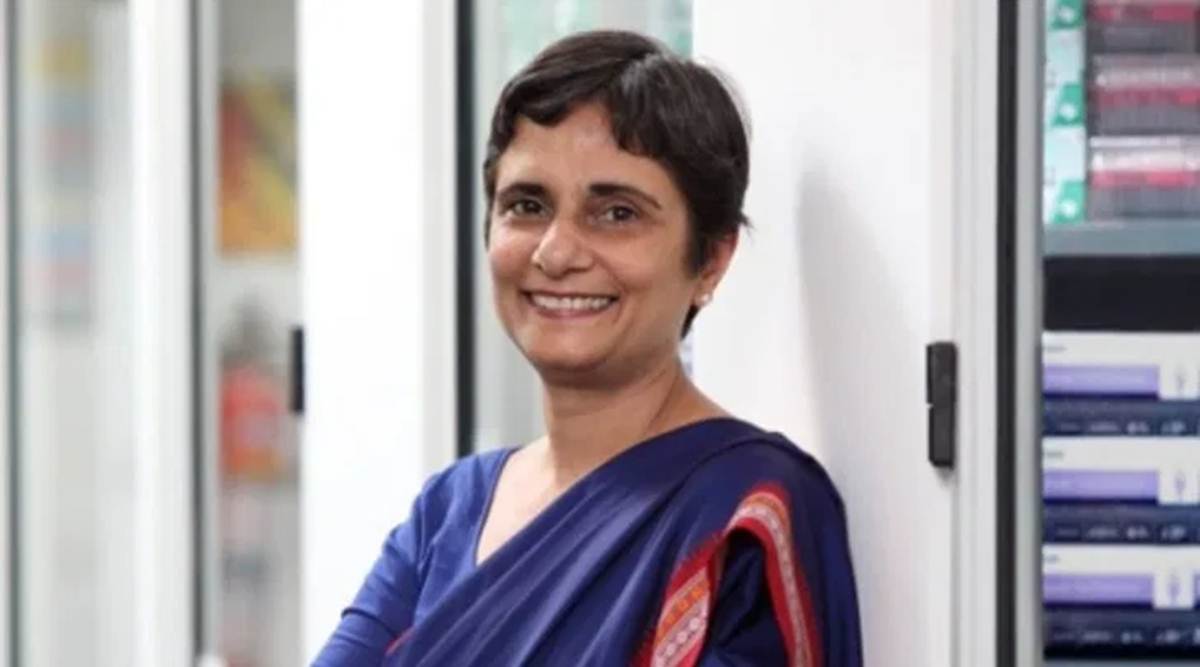 Dr Gagandeep Kang is professor at Christian Medical College, Vellore. (Twitter/Congress)
Dr Gagandeep Kang is professor at Christian Medical College, Vellore. (Twitter/Congress)As the world continues to face the brunt of the worst epidemic in the last one century, the development of a vaccine for Novel Coronavirus is one of the most keenly awaited events. Hundreds of research groups and pharmaceutical companies around the world are racing against time to produce a vaccine that will offer people effective protection against a disease that has already claimed close to 8 lakh lives.
Billions of dollars have been poured into vaccine development, and governments across the world are getting into special agreements with pharmaceutical companies considered most likely to deliver the vaccine to secure assured supplies for their people. Never before has the quest for a vaccine been so great, the need so immediate. All current indications are that we are on the way to developing a vaccine in the quickest time ever. Most experts agree that a satisfactory vaccine would be available by early next year, if not by the end of the current year itself. In fact, Russia has already come up with a vaccine that it says would be available for public use from next month.
But the unprecedented speed with which vaccine development is progressing, sometimes bypassing established safety and regulatory procedures, has also led to a bit of unease in the scientific community as well as among the general public. A few polls in the United States and Europe have indicated relatively low levels of confidence in these vaccines. A significant proportion of respondents has said they would not want to be the initial ones to get vaccinated. There are also concerns that ethical regulatory standards are being sidestepped.


To discuss these and other issues related to vaccine development, and the state of the pandemic in India and the world, The Indian Express has invited eminent scientist Gagandeep Kang to be the expert guest at the latest edition of explained.Live, the unique series of explanatory conversations that the newspaper hosts from time to time.
Till recently, Kang was director of Faridabad-based Translational Health Science and Technology Institute, and is now a professor at Christian Medical College, Vellore, which also happens to be her alma mater. Kang, the first Indian woman to be elected a Fellow of Royal Society, has herself been involved in the development and deployment of several vaccines in India, as well as in many clinical trials and studies. She is also one of the most authoritative voices in India on infectious diseases.